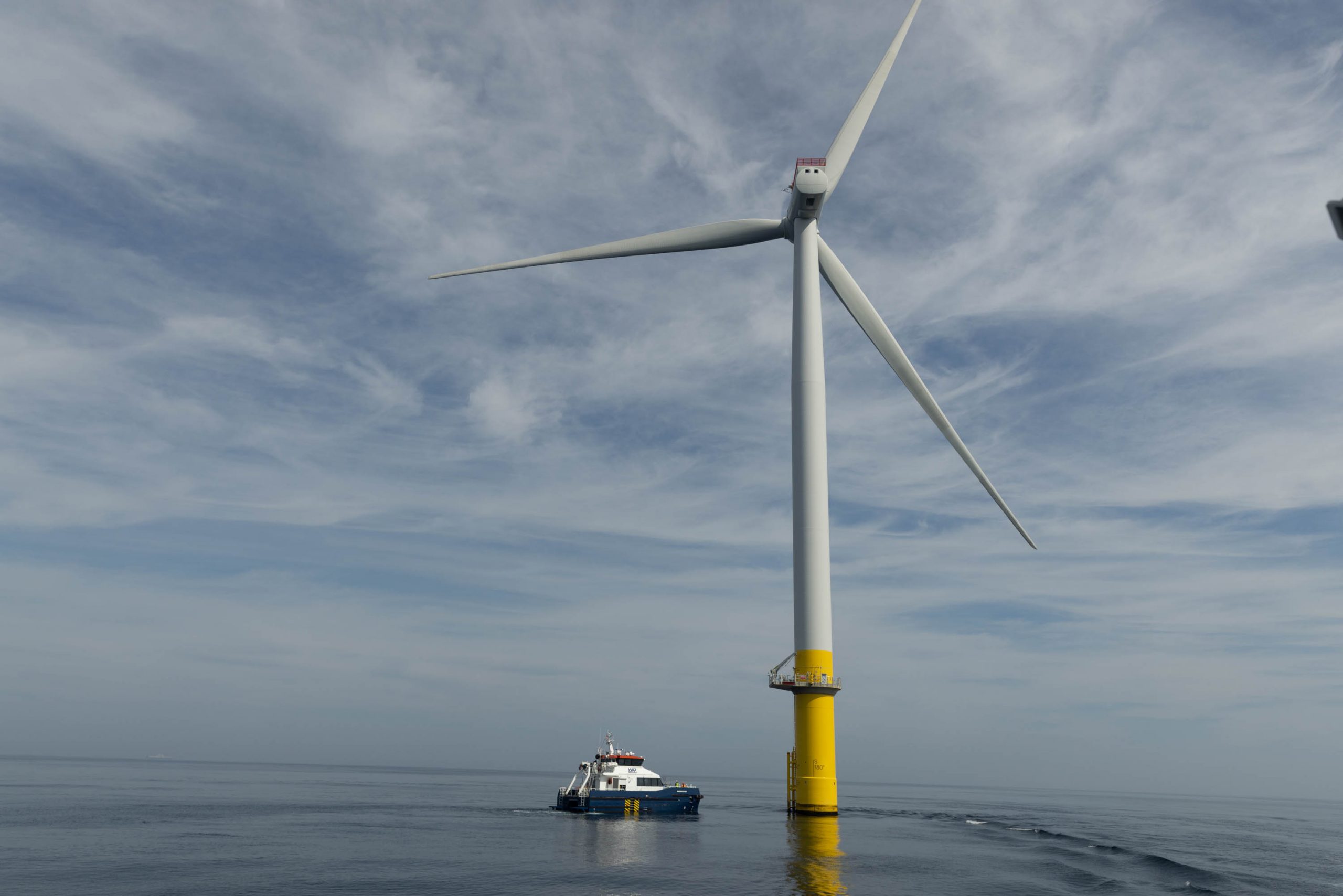A leading wind turbine maker is imploring Washington and state governments for more policy support only months after Congress passed hundreds of billions of dollars in subsidies for green energy, arguing the new law alone is insufficient to help the industry reckon with high inflation.
The ask from Spanish manufacturer Siemens Gamesa illustrates how the persistence of inflation poses a threat to the decarbonization goals of President Joe Biden, who is now ill-equipped to pass new policy to supplement the new Democratic climate law with Republicans in control of the House of Representatives.
Siemens Gamesa said the Inflation Reduction Act, which the unified Democratic government passed in August, provided strong incentives and sends positive signals to the industry but is not a “silver bullet” due to the lasting and limiting effects that inflation is having on new investment.
INTERIOR PROPOSES RULE TO FAST TRACK OFFSHORE WIND DEVELOPMENTS
“The wind industry still faces headwinds that limit profitability and subject wind turbine manufacturers to risks exceeding those faced by manufacturers in other industries,” the company said in a report published Monday, which explained that high demand for turbines, coupled with technical and supply chain problems related to the war in Ukraine, is keeping the sector down.
“These challenges limit wind turbine manufacturers’ ability to invest in new technologies and manufacturing capacities that would deliver the green energy transition,” the report said.

Wind energy’s plight, especially offshore, was made clear in October when energy company Avangrid announced plans to delay the commissioning of two of its offshore wind projects because high inflation had weakened their economic viability.
Avangrid, along with Mayflower Wind, the developers behind a separate wind project offshore Massachusetts, also requested state regulators allow them to renegotiate power purchase agreements with buyers to account for “extraordinary global economic conditions.”
Siemens Gamesa said policymakers, particularly at the state level, should employ more “inflation compensation mechanisms” to help the industry through situations like these because long periods of time between auctions and project construction “leave projects vulnerable to dramatic cost increases in periods of high inflation.”
The company recommended the indexing of material, transport, and labor costs to account for inflation within contracts.
The green energy sector generally has struggled under the weight of inflation and supply chain challenges over the last year.
Solar installations ran late and underperformed forecasts throughout 2022, and electric vehicle deliveries, while they rose considerably year over year, also fell short of expectations for a number of individual manufacturers.
Other issues for Washington to help resolve, Siemens Gamesa said, are skilled worker shortages in the wind sector and outstanding guidance for the new renewable energy production and investment tax credits included in the Inflation Reduction Act.
Wind has immense support, notwithstanding its challenges, from the Biden administration, which wants to deploy 30 gigawatts of offshore wind by 2030. The Interior Department carried out three offshore wind lease sales in 2022, including the inaugural sale in the Pacific Ocean for deepwater acreage off California’s coast.
CLICK HERE TO READ MORE FROM THE WASHINGTON EXAMINER
The Interior Department and its Bureau of Ocean Energy Management also recently proposed new regulations to fast-track offshore wind development.

